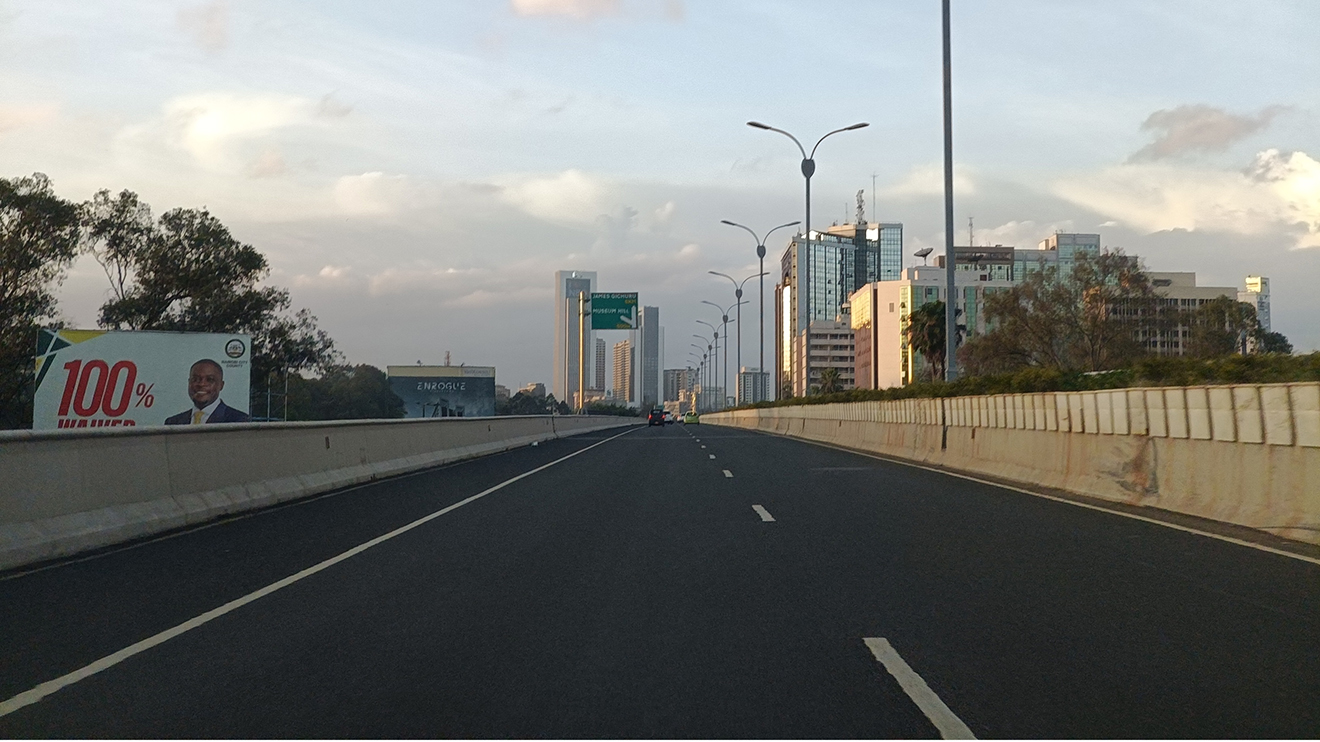Nairobi is set to make a groundbreaking stride in its fight against air pollution. On Wednesday, the city will officially launch the Breathe Cities Nairobi initiative, a collaborative effort aimed at cleaning the air, reducing carbon emissions, and improving public health.
The Breathe Cities initiative, a joint venture by Clean Air Fund, C40 Cities, and Bloomberg Philanthropies, is a first-of-its-kind global program dedicated to addressing air pollution challenges in cities worldwide.
Launched last year by Michael R. Bloomberg, the UN Secretary-General’s Special Envoy on Climate Ambition and Solutions, and London Mayor Sadiq Khan, the initiative seeks to reduce air pollution and greenhouse gas emissions by 30 per cent across participating cities by 2030.
Nairobi, one of 10 global cities participating in the initiative, will receive support to tackle its critical air quality issues.
The city joins a diverse group of cities, from Jakarta to Rio de Janeiro, working together to improve air quality through data collection, capacity building, community engagement, and knowledge sharing.
Read More
According to the State of the Global Air 2020 report, air pollution contributes to over 5,000 premature deaths in Kenya annually.
This alarming statistic underscores the urgent need for action, especially in a city that prides itself on being a global environmental hub.
Nairobi Governor Johnson Sakaja expressed his enthusiasm for the initiative, stating, "I am humbled that Nairobi will not only launch this initiative, but will also play host to a function that will convene key stakeholders, including government officials, civil society organizations, private sector representatives, development partners from across the region and Nairobi’s continued commitment to cleaning its air."
He emphasized the importance of addressing air quality issues, saying, "Nairobi's air quality is a matter of life and death."
According to Sakaja, the breathe Cities initiative will provide Nairobi with the resources necessary to strengthen its air quality monitoring and management capabilities, implement public awareness campaigns, and undertake regulatory reforms.
The initiative is structured around three core pillars: data and research, stakeholder and community engagement, and technical policy assistance.
Dr. Victor Indasi, Breathe Cities Lead for Kenya, highlighted the transformative potential of the initiative, stating, "With Breathe Cities, we are committed to collaborating with partners and stakeholders to restore the true meaning of Hakuna Matata – a life free from the burdens of air pollution."
Nairobi has already made significant progress in addressing air pollution, including the enactment of the Nairobi Air Quality Act, the establishment of real-time air quality monitoring, and the implementation of air quality source awareness assessments.
Additionally, the city is finalizing its climate change legal framework, updating its greenhouse inventory, and expanding its environmental staff.
As part of its broader goal of creating a healthier and more sustainable urban environment, Nairobi aims to reduce emissions by 51 per cent by 2035 through various strategies, including urban greening, sustainable waste management, clean transportation, and green energy solutions.











